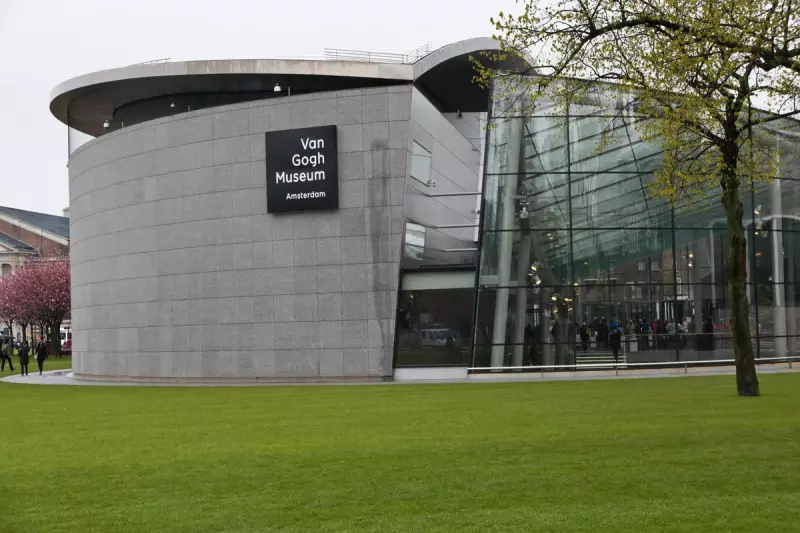
Amsterdam's iconic Van Gogh Museum, home to the world's largest collection of the Dutch master's works, has been forced to take the unprecedented step of closing its doors to the public. The sudden closure, effective from Monday, stems from a critical and worsening shortage of security personnel that has left the institution unable to operate safely.
The museum, which attracts over two million visitors annually and is one of the Netherlands' most popular cultural destinations, announced the temporary shutdown after failing to recruit enough qualified security staff. This staffing crisis means the museum cannot meet the stringent security protocols required to protect its priceless collection, which includes masterpieces like 'The Sunflowers' and 'The Potato Eaters'.
A Symptom of a Larger Problem
The closure is not an isolated incident but rather a stark symptom of a broader labour shortage gripping the Netherlands, particularly in major cities like Amsterdam. The tight job market has made it increasingly difficult for museums, hospitality venues, and other public-facing institutions to fill vital roles.
A museum spokesperson expressed profound regret, stating, "We deeply regret having to take this measure. The safety of our visitors and staff and the security of the art collection is our highest priority. At the moment, we cannot guarantee this with the current number of security employees."
Impact on Visitors and Tourism
The announcement has caused significant disruption for international travellers and art lovers who had planned visits. The museum is directly contacting visitors with pre-booked tickets for the coming days to process full refunds. While the museum's popular gift shop and café will remain open, the main exhibition halls will be silent.
There is currently no definitive timeline for reopening, casting a shadow over Amsterdam's crucial tourism sector. The museum's management has assured the public that they are working "intensively" on solutions, including a renewed push for recruitment, but have admitted that the situation is "acute."
This closure serves as a worrying indicator of the challenges facing cultural institutions in a post-pandemic economy, where competition for staff is fierce and the future of accessible world-class art is suddenly less certain.





